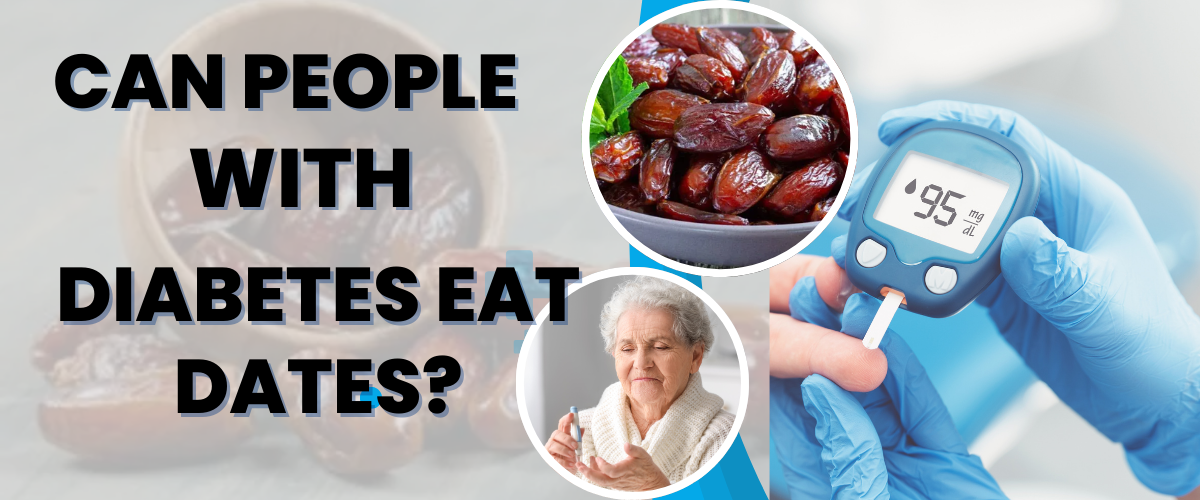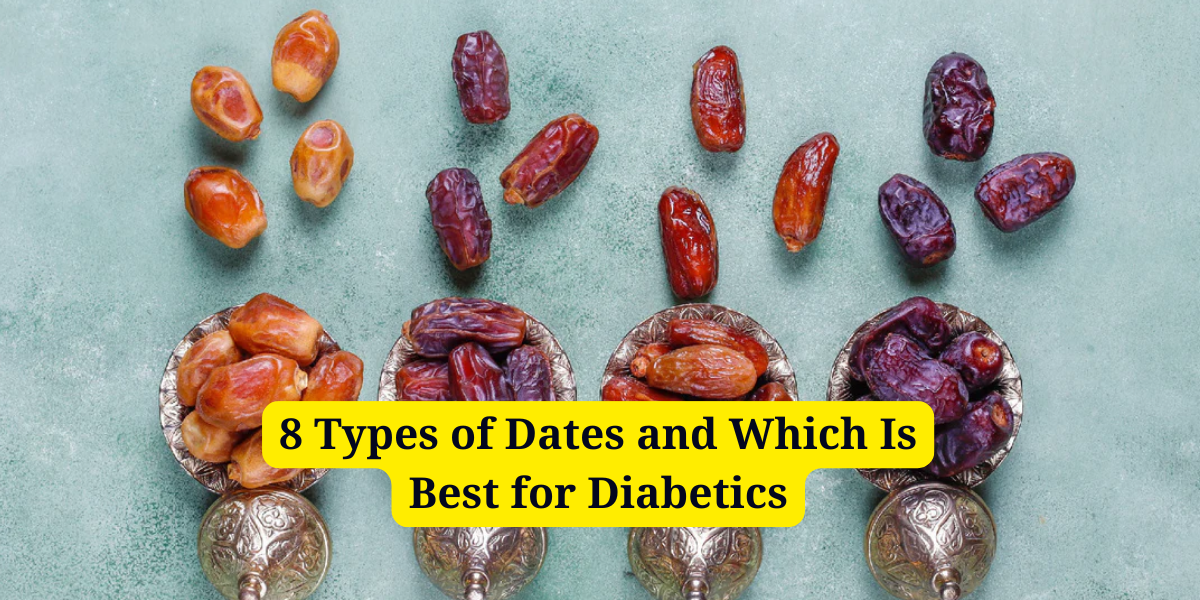Diabetes, indeed, is a significant health issue all over the globe. There’s nothing quite as significant as early detection of the condition to help manage it. Knowing the signs and symptoms of diabetes helps the individual to quickly act and seek the right care.
This blog will discuss the major signs and symptoms that the individual may experience while suffering from diabetes. This guide will serve as a reference for people either watching for themselves or for another loved one.
Frequent Urination
Frequent urination is one of the very first symptoms that one should be aware of in diabetes. When there’s too much glucose in the blood, the excess enters the urine in an effort for the body to expel excess glucose. During the day or night, there are several trips to the bathroom.
It’s common to both type 1 and type 2 diabetes. And if you’ve been noticing this symptom quite often, it is enough reason for you to check your blood sugar.
Increased Thirst
Another thing is that frequent urination will be accompanied with an unquenchable thirst. The reason is that when there is a loss of more fluids, the body demands water overriding all other inputs to the brain. The more water you introduce into the body, the more insatiable the thirst.
This conjunction of the other symptoms may be odd; however, if you happen to be habitually thirsty, this would then constitute a warning of the early onset of diabetes.
Unexplained Weight Loss
Sudden weight loss without trying could be another potential warning sign. When the body is unable to utilize glucose for energy, it proceeds to break down fat and muscle.
This type of rapid weight loss can occur over a very short period, with increased frequency in type 1 diabetes, but can also present in type 2.
Extreme Hunger
Extreme hunger is more common amongst diabetics, who usually complain of hunger even after eating. Such a scenario is enunciated very clearly. Because the body can no longer stimulate insulin activity for calorie influx into the energy-deprived cells, the brain is stimulated more for eating signals.
If you are having interrupted hunger pangs after every handful of normal meals, consider it a red flag.
Blurred Vision
The eyesight can fade due to high levels of sugar. Hyperglycemia causes blurred vision because of an osmotic effect, whereby excess sugar pulls fluid from the lenses of the eyes.
Serious eye trouble can ensue if the condition goes unchecked. Early treatment will protect against any lasting damage.
Slow-Healing Sores
Cuts and wounds that refuse to heal quickly also represent another common sign of diabetes. High blood sugar levels impair the body’s ability to heal itself. Infections, on the other hand, may occur more frequently.
Take note of cuts or infections that don’t seem to heal over the months.
Fatigue
Are you unusually fatigued? Fatigue is one of the commonest signs and symptoms of diabetes. If the body is unable to utilize glucose properly, energy levels drop.
If you have been seriously sleeping and yet find yourself more drained, get checked.
Tingling or Numbness
High blood sugar can cause nerve damage leading to sensations of tingling, numbness, and even pain in the hands and feet. It is called diabetic neuropathy. If diagnosed very soon, it can be prevented from getting worse.
Dry Skin and Itching
Poor circulation and dehydration due to high blood sugar can render skin dry and itchy. It could be a sign of trouble if there are patches of dry skin, especially on the arms or legs. Moisturizing the skin helps, but it is important to treat the cause.
Frequent Infections
Diabetics are prone to infection; yeast infections, gum diseases, and skin infections are among the most common. Well, if you are having repeated infections, do not ignore the possibility. They might be connected to your high blood sugar common denominator.
Conclusion
Getting a handle on the early signs and symptoms of diabetes could save you from serious health problems down the road. Frequent urination, constant thirst, unexplained weight loss, and fatigue are all signals that your body gives.
You should consult a health professional if there happen to be a mix of these signs and symptoms of diabetes.
Early diagnosis and management can make a world of difference. So keep yourself informed, and be mindful of your health. Early intervention can certainly help you better maintain a life of good health and comfort.



